We’re not talking about Fennel Seeds, the band. Seriously! There’s an alternative band called “Fennel Seeds,” who apparently has such popular songs as “A Spot of Bad News,” and “Strike Me Down.” They’re from North Wales, and produce raw music that’s doesn’t really appeal to our taste, but hey, can’t argue with the intelligence of using the healthy “fennel seeds” as a name. ☺
A popular herbal spice in the same class as cumin, caraaway, dill, and anise, fennel seeds have long been used for their health benefits, and just recently have come into their own as special ingredients in skin care products.
Fennel seeds have longed been used as a tasty spice, but now they’re also a great anti-aging skin ingredient.
Pumpkin Seed Oil for Skin, the All-Around Anti-Aging Superpower
A little bit about the ingredient itself
Fennel seeds come from the fennel plant, a perennial that was originally grown in Southern Europe. Scientifically called Foeniculum vulgare, the plant also grows in China, India, and Turkey, and is widely cultivated in the U.S., France, and Russia. It grows straight up to about 8 feet tall, and produces yellow flowers, feathery leaves and hollow stems. In fact, in Greek mythology, Prometheus used the stalk of a fennel plant to steal fire from the gods.
Here’s something kind of funny. The fennel “seeds” aren’t really seeds at all. They’re fruits! It’s only because of their small size and because of how they look that they’re called seeds. The ones we use to spice up our food are actually the dried fruit of the fennel plant.
Internal health benefits of fennel seed
Fennel seeds have long been used in baking and cooking, as the seeds have a sort of sweet licorice flavor. In recipes, you’ll find fennel often added to cookies, breads, muffins and scones, as well as in sausage, and for fish, chicken and pork marinades. Fennel is also popular in soups, sauces, and in many Asian and Indian dishes.
How fennel seeds can help
Traditional medicine also used fennel to produce many health benefits. In Indian culture, fennel seeds are often chewed after a meal to encourage ease of digestion, as they have a reputation for relieving bloating and fluid retention. In Pakistan, people roast and eat fennel seeds much like we do sunflower seeds, as well as using them as a mouth freshener.
Vitamins in fennel seeds
Fennel seeds are a rich source of dietary fiber, as well as of minerals like copper, iron, calcium, potassium, manganese, selenium, zinc, and magnesium. The seeds also have vitamins A, E, C, and B, and several antioxidants, which make them an overall good ingredient for boosting the immune system and protecting against heart disease.
Fennel seed’s benefits to the skin
Because they’re such a great source of vitamins, minerals and antioxidants, fennel seeds are a natural for adding to skin care products, as the skin needs these ingredients just much as the inside of the body.
Fennel seeds also have essential oils like anethol, fenchone, limonene, pinene, myrcene, chavicol, and cineole. Chavicol helps to cleanse and tone skin.
In addition, fennel contains super-antioxidants like superoxide dismutase, catalase, and peroxidase, all of which are known to have properties effective at protecting the skin from environmental stressors.
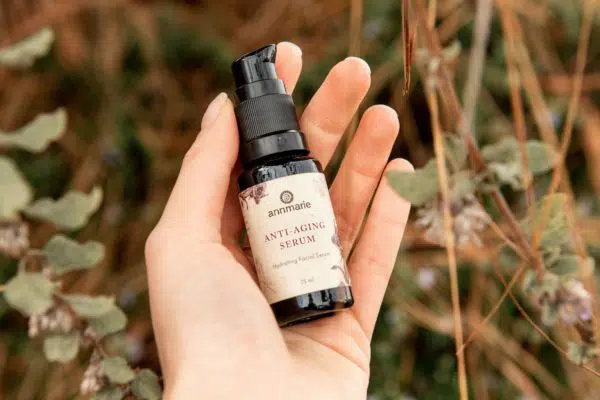
Try it!
You can try fennel seed and sweet fennel in two of our anti-aging products, the Anti-Aging Serum and Anti-Aging Facial Oil. Give them a try and let me know what you think!
Pumpkin Seed Oil for Skin, the All-Around Anti-Aging Superpower
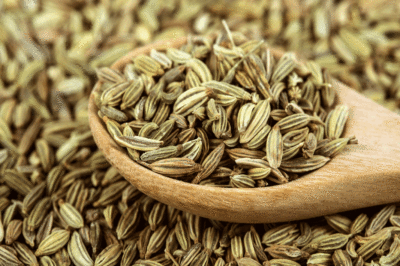

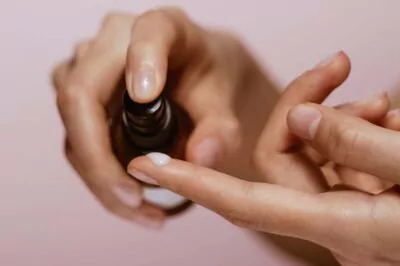
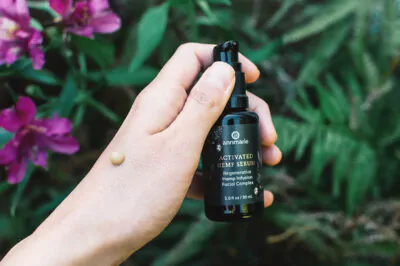
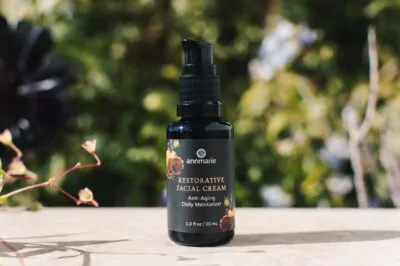
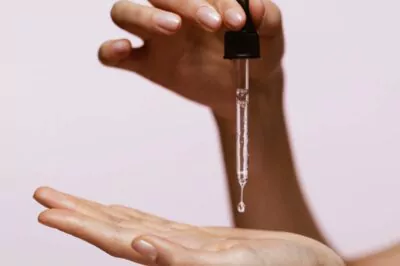
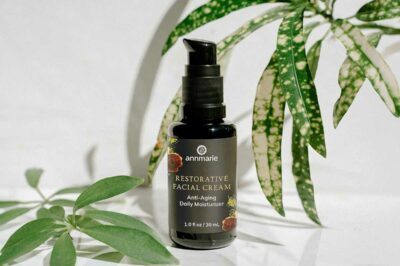
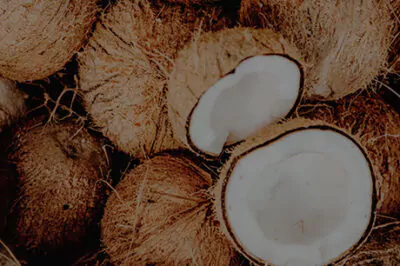
Leave a Reply